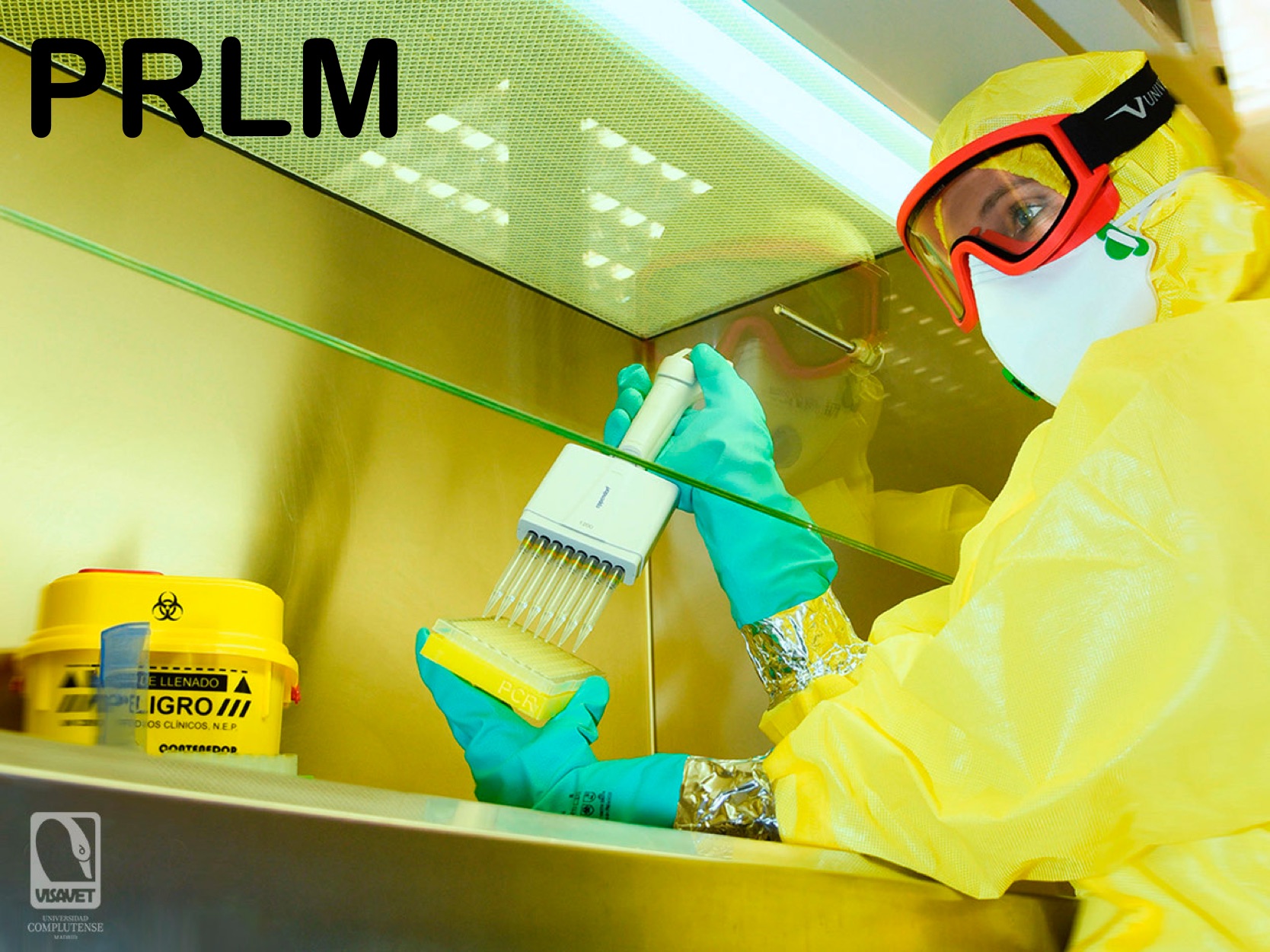Biosafety and Prevention of Occupational Risks in Microbiology Laboratories (PRLM) 13th Edition (4.1/5)
This course is aimed at microbiology laboratory professionals, as well as undergraduate and graduate students in science (Medicine, Veterinary Medicine, Biology, Pharmacy, etc.). It is aimed at understanding the meaning and importance of biological risk management in microbiology laboratories and/or animals.
goals
- Understand the concepts of biosafety and bioprotection.
- Know guides, documents and relevant regulations in biosafety.
- Become familiar with occupational risk prevention legislation, especially in relation to biological risk.
- Apply the knowledge acquired in the work environment to manage biological risk effectively.
Agenda
- Biosafety and biological risk
- Biological containment facilities
- Biosafety equipment
- Safe work methods (appropriate microbiological techniques)
- Introduction to prevention legislation
- Risk identification and assessment
- Risk reduction measures and other responsibilities of the employer
- Introduction to the VISAVET Health Surveillance Center and its facilities
- Practical assumption. Verification of VISAVET containment facilities
- Practical scenario: Sample with suspected bovine tuberculosis
- Practical scenario: Experience with ovine brucellosis
- Practical scenario: Experimentation with COVID
The agenda is enjoyable and simple so that it can be followed by participants with different backgrounds. The teaching team is made up of graduates and doctors in Veterinary Medicine and Biology with extensive experience in risk prevention and management of high biological risk facilities.
If you want to know more details about the course you can send an email to Ana M. García (ana.garcia.ruiz@upm.es).

Biosafety and Prevention of Occupational Risks in Microbiology Laboratories (PRLM) 13th Edition (4.1/5)
| SEM Members Price: | 150€ |
| Price Partners AEBioS, SEIMC, COBCM, SEBiot:: | 200€ |
| General public price: | 250€ |
Accreditation requested from the Commission for Continuing Training of Health Professions of the Community of Madrid on October 4, 2024.
| Start date: | 01/10/2026 |
| End date: | 30/12/2026 |
| Online course: | Go to Virtual Classroom |
| Deadline for registration: | 28/09/2026 |
Request more information
Fill in this form and we will contact you to offer you the information you need.



